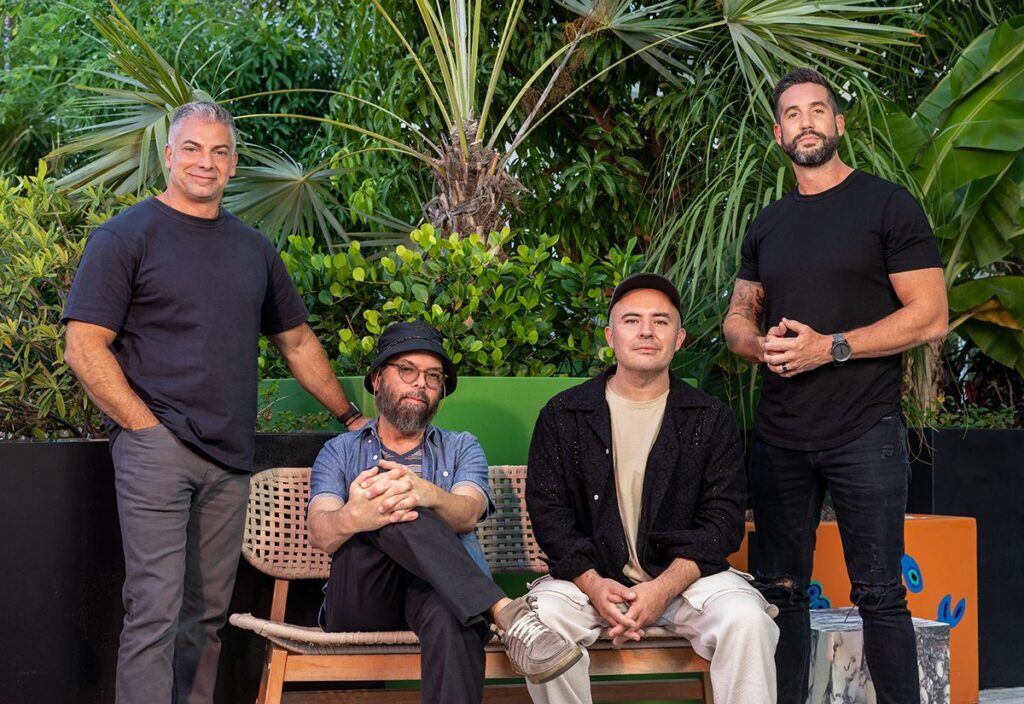Hyper-growth platforms create opportunities for peripheral business models to flourish. Facebook has already provided fertile ground for fantastically successful businesses like Zynga, Playdom/Disney, and Playfish/EA. As it continues its hyper-growth over the next few years, it’s likely to spawn many more big winners. In a technology landscape marked by an accelerating pace of innovation, these opportunities will be increasingly dynamic. Early entrants that can build scale and supporting technology will be able to rapidly build large, lucrative businesses.
In the early days of Google, a number of early entrants built huge businesses around PPC. The scalability of buying a click for a nickel and monetizing it for a dime, then cranking volume by orders of magnitude catapulted dozens of companies to success.
Is there a similar opportunity today with Facebook media buying? Perhaps. There are certainly strong parallels between the early days of Google PPC and today’s Facebook media buying ecosystem: a large, rapidly increasing volume of inventory; new ways of targeting; scalable systems that can be dialed up to turn small campaigns into large ones; and so forth.
Google’s PPC platform allowed for a relatively novel way of targeting—by keyword. At the same time, Google’s PPC algorithm rewarded advertisers that could create the most relevant ads for given keywords since Google’s keyword auctions rewarded (bid price per keyword) * (user click through rate of ad), not simply giving traffic to the highest bidder. An advertiser that targeted the right keyword with the right ad copy (to drive the click through rate) and smart bidding would do very well.
Facebook is in the process of launching a new media buying platform that also introduces a novel way of targeting—by social content. Over the past few weeks, it has made a number of announcements on the evolution of its targeting capabilities for advertisers. According to Inside Facebook,
Ad managers will now be able to see the number of impressions, clicks, and click through rate of ads with social context, as well as what percentage of an ad’s total impressions which included social context.
Social context, for context, is what Facebook calls the endorsements listed beneath ads which say “John Smith, Jane Doe and 2 other friends like [Facebook Page, group, event, or application].”
How will an advertiser optimize targeting by social context? It’s not obvious, but surely some innovators will figure it out. Just like some innovators in PPC advertising on Google figured out how to target the right keywords with relevant ad copy and precise bidding. Those advertisers that can crack the right formula for the new targeting opportunity on Facebook will have huge swaths of inventory ripe for profitable acquisition. It’s unclear who all the winners will be in this new market opportunity, but it’s likely that there will be many.
Facebook ad network – using social context targeting like contextual keyword targeting
Google needed Applied Semantics technology to do take keyword targeting off of Google with AdSense. Will Fbook need a similar tech infusion to take social context targeting of Fbook to understand social context of content? Yes, they will need a BlueKai or other data vendor for this. Yes, there will be privacy issues.
 Network
Network

